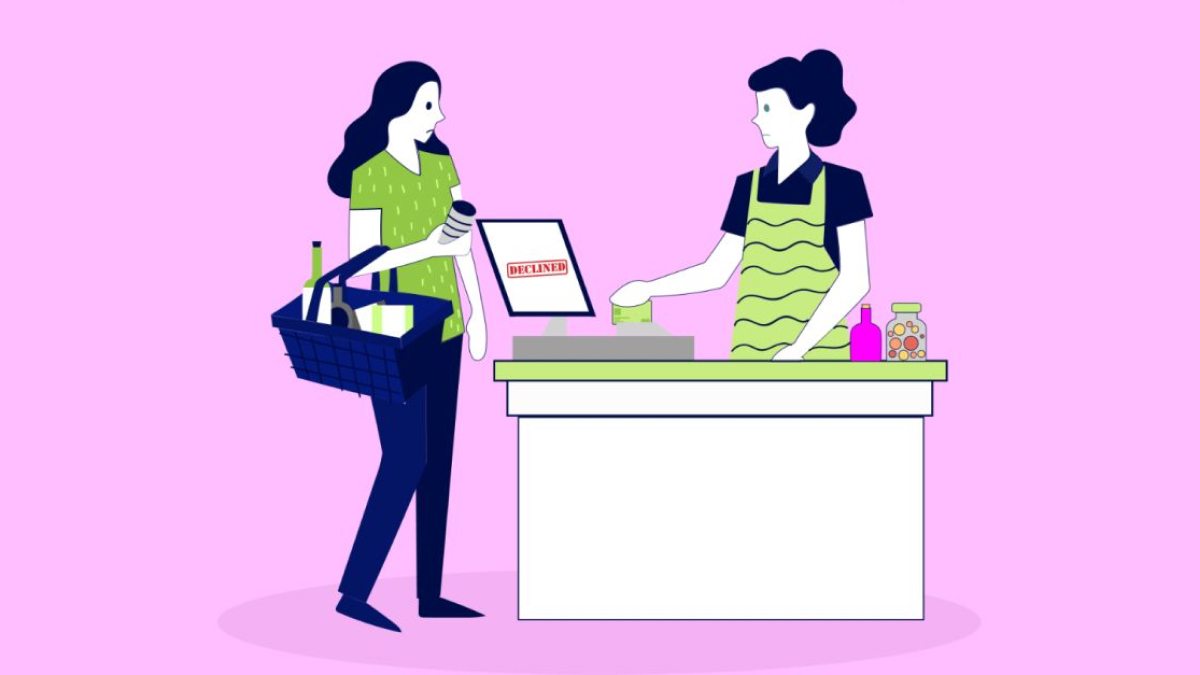Have you ever got to the front of the queue at the supermarket with a week full of groceries only to have your card declined? What if you were an entire bank with a week ‘worth of customers withdrawals’ waiting at the checkout, only to be declined?
When our card fails, we get embarrassed and promise the store that we really did think we had money when we went in the store but somehow the technology failed. We get a bit upset and often jump on the phone to our partner or family so they can share our pain.
The recent bank failure(s) in the US are the result of the bank having assets but not being able to access them to meet all the withdrawals due right now. The official reason, “Insufficient liquidity”.
Put simply, the term ‘liquidity’ refers to the ability to raise funds or convert assets into cash in order to meet bills as they become due.
To reduce the risk of everyone withdrawing their funds at once, banks have a range of deposit accounts which include different types of accounts.
– ‘Term deposit’ (deposits locked in for a ‘term’)
– ‘Bonus savers’ (extra interest to deposit cash in the account)
– ‘Offset accounts’ (attached to loans which reduce our interest)
The aim is to only have a few customers will make a withdrawal at any one time.
In an emergency, the reserve bank can also offer liquidity funding as a backstop. ‘the lender of last resort’.
Houses are very illiquid and require us to pay money to the government each year for the privilege of living in our own home or pay a fee to a lawyer and most likely a commission to a realtor in order to be able to sell.
So how do we make property generate cash? It is this huge asset that we know is worth a lot but doesn’t pay for our groceries.
Our Leg Up helps make property, often our most valuable asset, generate some cash. Or in banking speak, ‘improve asset liquidity’, without needing to take out an interest bearing loan.
That said, Our Leg Up cannot turn your home into a deposit account. Fundamentally, it remains a large illiquid asset. So, although your home equity isn’t cash that can be accessed, OLU has designed a way to generate income from it without having to invest cash or rent out your home.
Typically, you would only consider using the equity in your home for an OLU equity investment if you are prepared to remain for at least 3 years.
A bank failure deeply impacts people. Even people who are not customers of the bank. We need to learn lessons where we can. We need to ensure customers know the terms of their investments. For some investments, they are not available immediately, we should expect to wait to get a return. If you have set up a cash account to pay for your groceries you expect your bank to make sure you never get a “declined” when you are at the register.


Leave a Reply